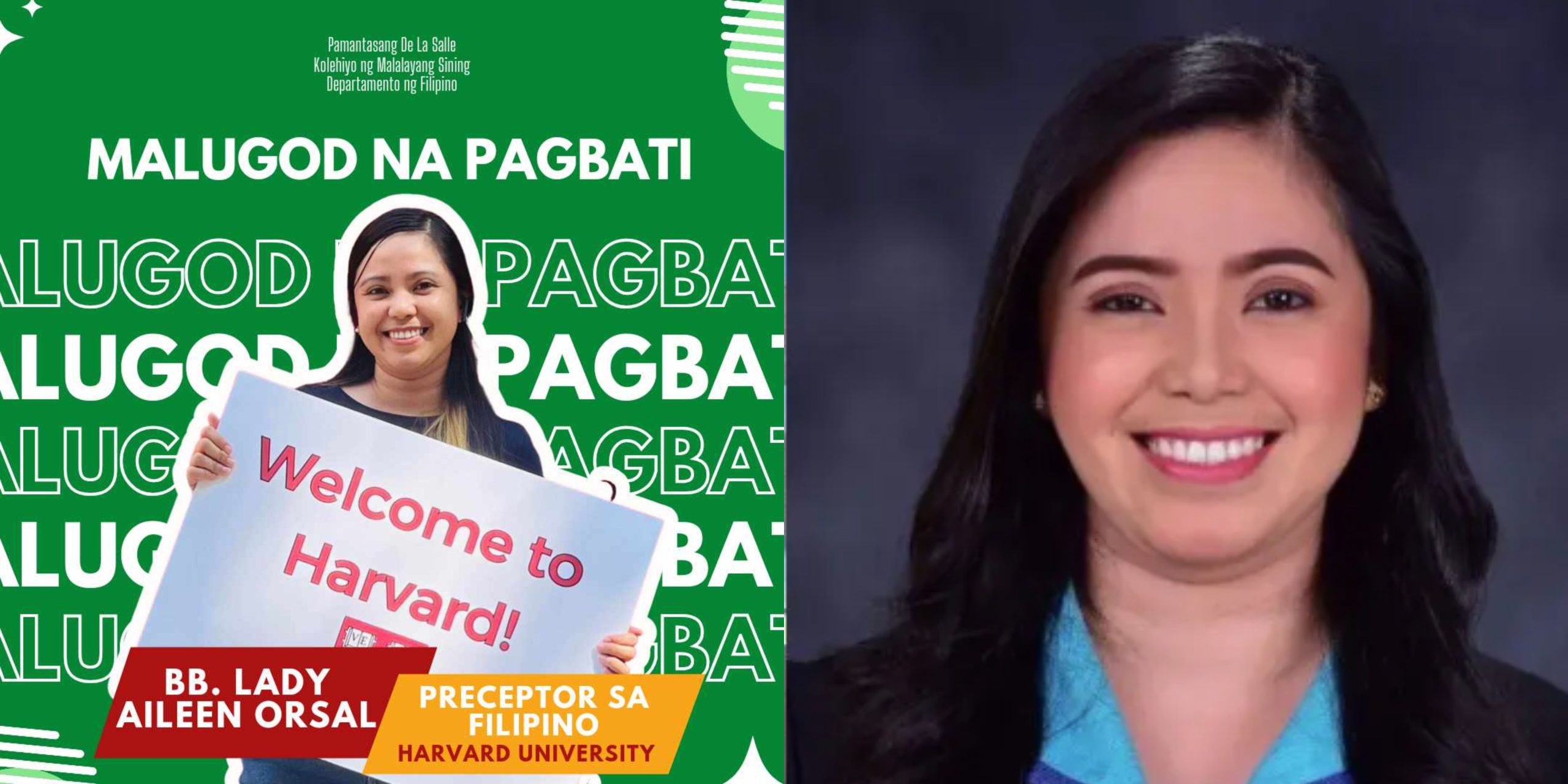Harvard University has announced the appointment of its first-ever Filipino language instructor, marking a significant milestone in the institution’s nearly 400-year history.
This groundbreaking decision reflects Harvard’s commitment to diversity and the recognition of the growing importance of Filipino language and culture in the United States.
The appointment of Lady Aileen Orsal, a former faculty member at Cavite State University, was officially announced on August 25, 2023, through Harvard University’s website. Orsal will be responsible for teaching elementary and intermediate Filipino (Tagalog) courses, with classes commencing in the Fall of 2023, starting on September 5.
The Ivy League university’s decision to offer Filipino as a new language course highlights the language’s rising prominence in the United States.
According to Harvard, Filipino currently stands as the fourth most spoken language in the country, following English, Spanish, and Chinese.
To support Lady Aileen Orsal in her pioneering role, Harvard has allocated a substantial budget of $1 million, equivalent to nearly P57 million, and anticipates her tenure at the university to span between three to five years.
James Robson, Director of the Harvard University Asia Center, commended Orsal’s expertise and dedication, describing her as “a dedicated, creative, and effective teacher who is committed to being a leader in Filipino language pedagogy.”
Before joining Harvard, Lady Aileen Orsal served as a teaching assistant for introductory and intermediate-level Filipino courses at Northern Illinois University in 2018 under the Fulbright Foreign Language Teaching Assistant program. She is currently pursuing an M.A. in Communication at the same institution and working towards a Ph.D. in Philippine Studies at De La Salle University in the Philippines.
De La Salle University took to social media to express its pride in Orsal’s achievement, celebrating her as an alumna of their Ph.D. program in Filipino Studies.
On her personal Facebook account, Orsal expressed her gratitude for the opportunity and recognized the collective effort of individuals and institutions that have contributed to the promotion of Filipino language and culture in academia.
This historic step also holds the potential to bolster the study of Southeast Asian languages at Harvard.
James Robson expressed his hope that strong student interest in the Filipino language courses would demonstrate the demand for Southeast Asian languages, potentially leading to increased support for Southeast Asian studies and language instruction.
Marcky Antonio, co-president of the Harvard Philippine Forum (HPF), emphasized the importance of not only teaching Tagalog but also Filipino culture as a whole, underlining the university’s commitment to providing students with a comprehensive understanding of the Philippines and its rich heritage.





